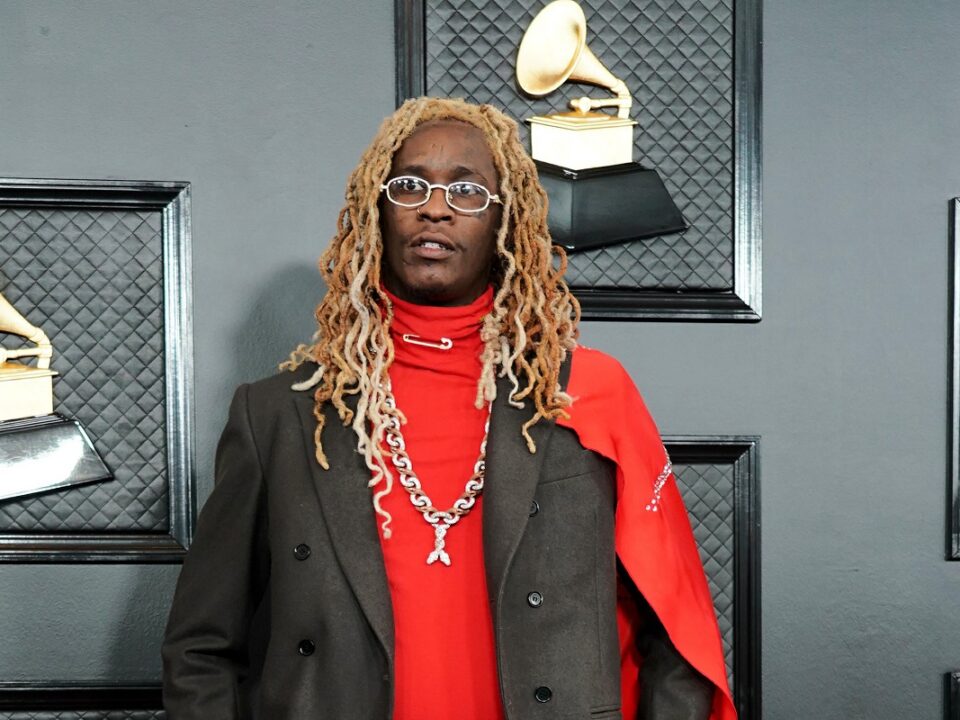California became the first state in America to limit prosecutors’ use of rap lyrics as evidence in criminal cases. Governor Gavin Newsom signed The Decriminalizing Artistic Expression Act into law on Friday, September 30.
The issue of using rap lyrics in court came to a head after authorities charged Young Thug and Gunna with RICO crimes in Georgia. Several high-profile rap stars pushed for the prohibition of prosecutors presenting music as evidence.
The trade organization known as the Recording Industry Association of America backed California’s Assembly Bill 2799. RIAA Chairman and CEO Mitch Glazier released a statement about the bill becoming law in the state.
“Today we applaud Governor Newsom on this pivotal decision that will allow all creators to express themselves and follow their artistic vision without barriers of prejudice!” says Mitch Glazer.
He continues, “The RIAA has been a vocal advocate for AB 2799 because all too often rap and Hip Hop artists have suffered for the same kind of hyperbole and imagery other genres routinely use without consequence. With the signing of the California rap lyrics bill into law, voices that may have been stifled are now fully open to expression.”
The Legal Fight Over Lyrics As Evidence Has Played Out In Courtrooms Across The Country
In June, Ari Melber presented a segment about “fictional evidence” on his daily show The Beat. MSNBC’s Chief Legal Correspondent contrasted the treatment of African-American entertainers and Caucasian entertainers.
“Prosecutors do not typically treat white people’s art in America as criminal evidence. It didn’t happen to Johnny Cash who was arrested seven times,” Melber argued. He added, “It didn’t happen to Jack Sparrow, government-name Johnny Depp, in a case that was about violence. It didn’t happen to Eric Clapton who was arrested for drugs.”
The issue of rap lyrics as evidence has been a topic of legal conversation for years. In 2013, the Nevada Supreme Court upheld Deyundrea “Khali” Holmes’s murder conviction. Holmes allegedly detailed his crimes in a song.
The following year, the New Jersey Supreme Court overturned Vonte Skinner’s attempted murder conviction. The Court’s ruling referred to the prosecution’s decision to read some of Skinner’s rap lyrics to the jury as “highly prejudicial.”
